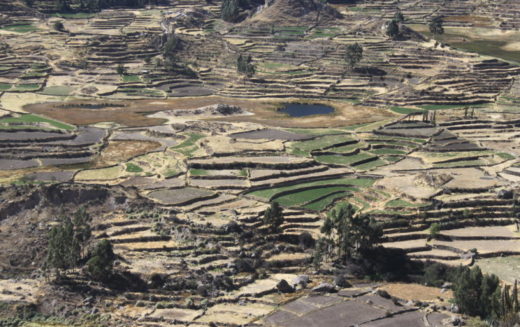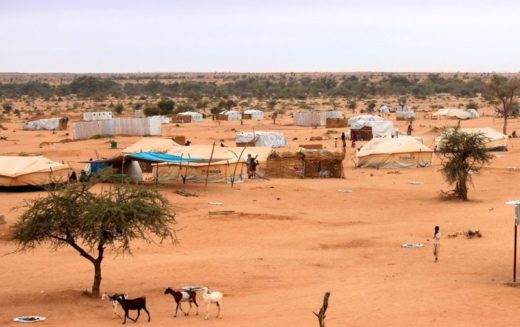Politics
GRI sat down with the Rt Hon Lord Heseltine, former Conservative deputy prime minister and defense secretary of the United Kingdom, to discuss his political philosophy, private sector experience and proudest achievements in public service.

The Geopolitical Dynamics of Extraterritorial Detention
February 1, 2022
Sino-Czech Relations: Change on the Horizon
January 17, 2022
Germany’s New Government: Meet the Cabinet
January 11, 2022Economics
Since partition in 1921, the Irish border has economically, politically, and culturally divided the island. Despite this, cross-border relationships have formed and evolved. Governments have a strong hand in promoting or denouncing said evolution, with development funds and projects historically being the most effective and visible means. However, as Brexit disrupts the status quo, private funds are gaining influence over the cross-border relationship. This article will analyze the implications of economic fluctuations on Northern Ireland’s political stability and the subsequent ramifications for British politics.

South Africa: Political Unrest in a Vulnerable Economy
October 28, 2021
Supply Chain Volatility in the Automobile Industry
October 8, 2021
Stable but stagnant: Transforming Jordan’s economy
September 14, 2021Finance
Monetary easing and bailout expectations are embedded in post-2008 central banking, often justified on the grounds of systemic stability or public expectations. The truth is that on top of nurturing moral hazard, the Fed put impedes innovation and productive investment.

Towards a Digital Euro: What Does It Mean for the Safety of Europe?
September 30, 2021
Documents Leaked to Reuters Raise Concerns about COVAX
February 13, 2021Security
Africa’s Sahel region lies at the epicentre of a sprawling jihadist insurgency straddling the ‘ungoverned spaces’ south of the Sahara. As U.S, French and African forces struggle to contain the violence spreading like wildfire across the Sahelian scrublands, one key dimension of instability which remains overlooked is the role of transnational organised crime and illicit economic networks in fuelling violent extremism across the region.

Risk Factors for Svalbard Conflict between Russia and Norway
February 2, 2022
The Geopolitical Dynamics of Extraterritorial Detention
February 1, 2022
Russia: Next Moves?
January 13, 2022
Top 11 Geopolitical Risks for 2022
January 5, 2022Natural Resources
As climate change becomes an increasingly pressing issue, governments worldwide have stepped up efforts towards decarbonisation. Japan aims to reduce its greenhouse gas emissions by 26% from 2013 levels by 2030. Leveraging nuclear energy could help Japan meet this goal, a fact understood by the administration of Prime Minister Kishida Fumio. However, the government faces an uphill battle in the shadow of the 2011 Fukushima nuclear disaster.

Can Climate Action Save Castillo’s Faltering Peruvian Presidency?
February 17, 2022
Renewable Energy and Central Asia’s Electricity Issues
February 16, 2022Technology
Ten years after the Arab Spring, the shockwaves from the surge of democratic protests across the Middle East continue to reverberate throughout the region in the form of smouldering multidimensional proxy conflicts in Syria, Libya and Yemen. Great and regional powers’ increasing employment of drones, disinformation and local proxies are exacerbating broader global trends associated with hyper-globalisation, emerging technologies and societal fragmentation. Collectively, these trends fuel the multidimensional geopolitical contest being played out across the Middle East; an ominous harbinger of the murky shadow wars representing the new face of conflict in the twenty-first century.

Will Tech Regulations Curb Poland’s Technological Progress?
November 12, 2021
Supply Chain Volatility in the Automobile Industry
October 8, 2021




















